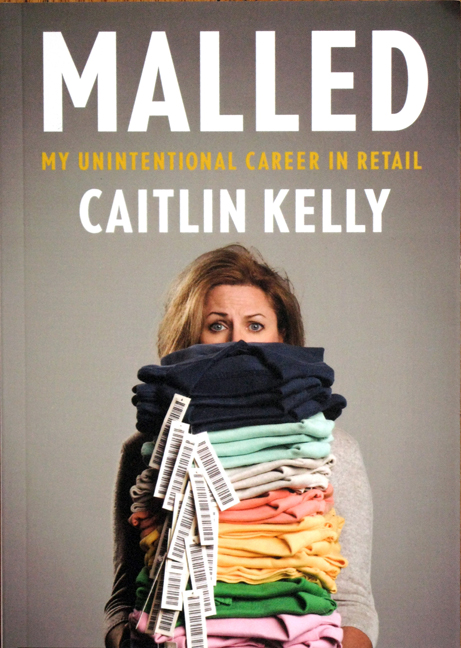
By Caitlin Kelly
As an official #avgeek, who thrills to the sight of any aircraft and loves the smell of JP4, aka jet fuel, I often think in/use aviation metaphors.
Last week I had a long heart-to-heart with a dear friend, a much younger woman still in her 20s. She’s feeling stuck and frustrated, and has had a family tragedy hit her as well. It’s a lot!
When all those around you look like they’re making much faster progress towards personal and professional goals — marriage, kids, buying a home, getting a job or a promotion — it’s so easy and so demoralizing to feel left behind. Even at my age, decades into a good journalism career, I still gnash my teeth and rend my garments when I see other writers winning big awards and fellowships and fancy book and movie and TV deals.
Envy is also a fairly human emotion.
But…
I also subscribe to the belief that, just as some flights go much more quickly thanks to a tailwind and some more slowly thanks to a headwind, so do our lives.
And many of the obstacles and many of the privileges (head/tailwinds) also remain invisible.
And in American can-do, individual, no-social-safety-net culture, it’s completely normal — and really bad for your psyche — to blame only yourself. If only you had done X! Or didn’t do Y! So and so did Z and look at their success!
But…
We just don’t know, unless someone is completely candid with us, what tremendous advantages or disadvantages they have had to overcome or enjoy. It’s rare that we compete on a level playing field.
Headwinds can include:
Chronic illness
Mental illness
Serious illness
Acute illness/recovery — or any of these for a loved one
Disability
Caregiving
Grief
Miscarriage
Infertility
Unemployment
Underemployment
Lack of skills
Lack of access/income for training
Solo parenting
Poverty
Poor access, or none, to transit/transportation
No medical care
Hunger
Lack of education and access to same
Race, gender, ethnicity, religious prejudice
Misogyny/chauvinism
Becoming a crime victim
Emotional or physical or sexual abuse

Luxury itself is a tailwind
Tailwinds:
Inherited money
A high-earning spouse or partner
A safe, green and attractive home and neighborhood
Wealthy parents or grandparents offering money
Excellent health
Excellent education
Fluent English
Excellent work skills
Successful legal role models
Wise, kind, reliable people to turn to for help and advice
Secure housing
Secure employment
Secure non-work income, like a pension or other solid investments
Social capital, i.e. knowing people with power who will help you
A sense of self-confidence
A safe and reliable vehicle or ready access to safe, affordable, reliable public transit
People who actively love and check in on you
Solid, strong friendships
So I told my younger friend it was necessary to see her life differently, even though the tragedy is permanent and life-altering and no one seems to understand its effects, which also leaves her isolated.
I know the choices she’s made were risky and unconventional — and I admire all of them, for her guts and sense of adventure and all the skill and wisdom they have brought her.
And I told her how much I admire her.

I worked retail for 2.5 years, a day a week for The North Face, and made $11/hour, from 2007 to 2009. It was a tiring, poorly-paid, emotionally-taxing and unrewarding job in most ways.
We needed cash. It offered steady, reliable cash. And I was not a teenager, far from it — in fact the oldest person of our 15-member staff.
How I felt about it was irrelevant to getting the damn job done.
It ended up becoming my second book, but none of that appeared likely to me until September 9, 2009 when we had a major publisher committed.
The 2008 crash was very much a headwind, and a shared one.
Now, 12 years later, we’re all screwed thanks to the pandemic — with only the wealthiest and healthiest feeling no/few headwinds.
The rest of us will have to fly onwards as best we can.

